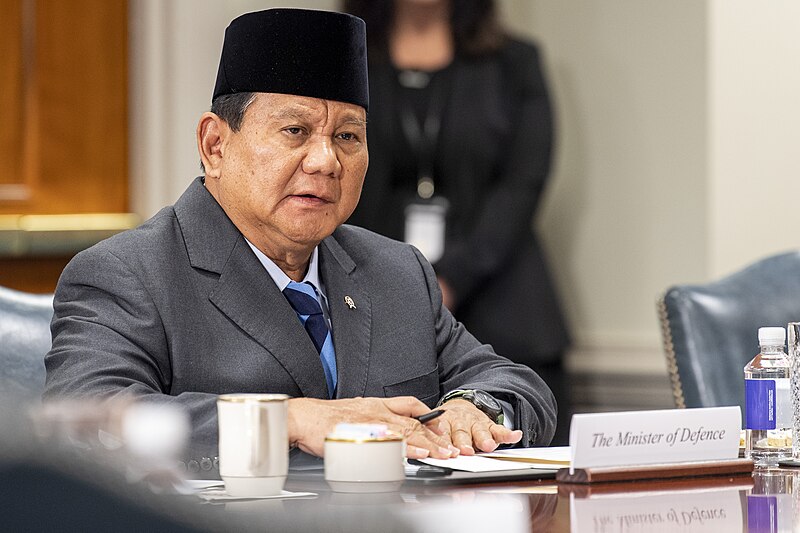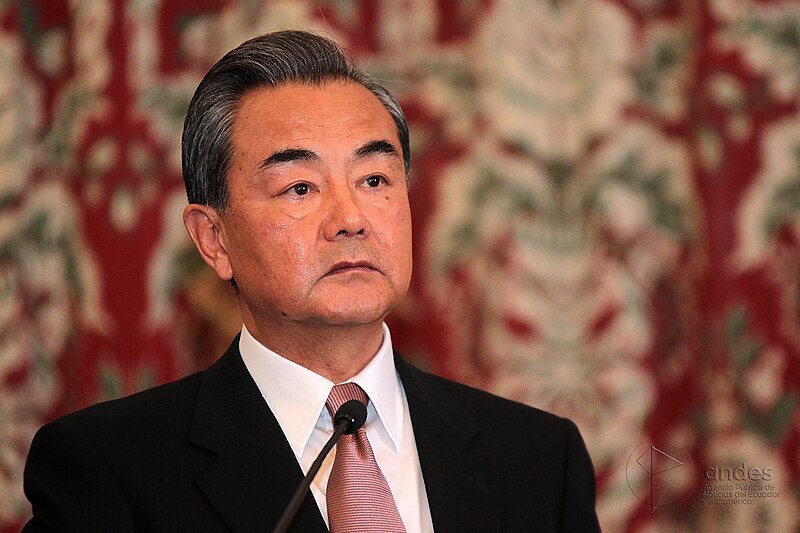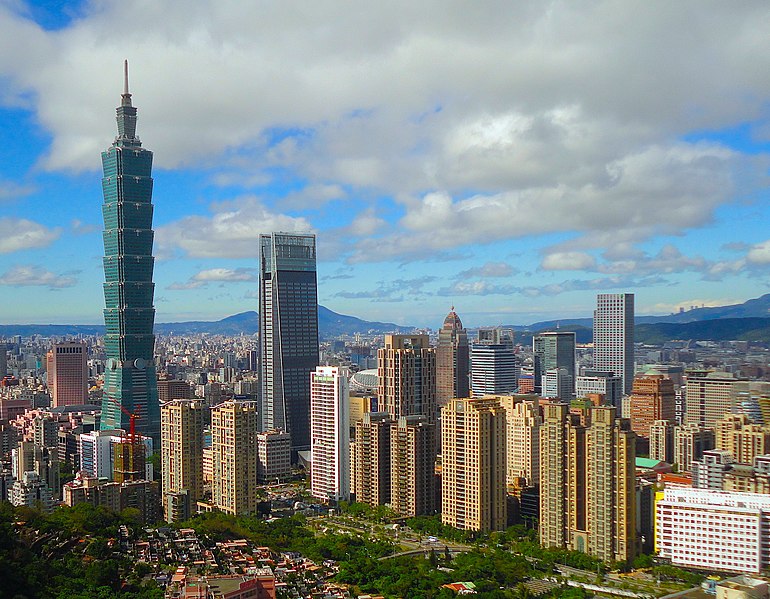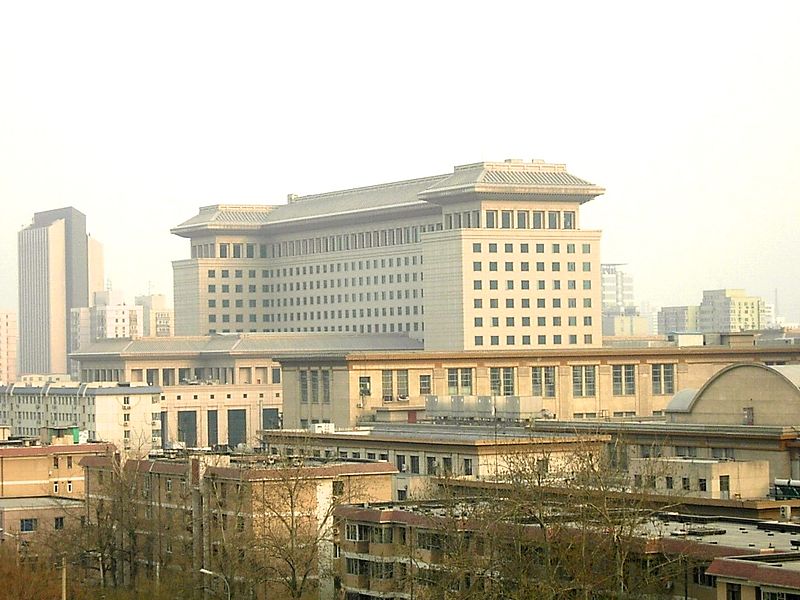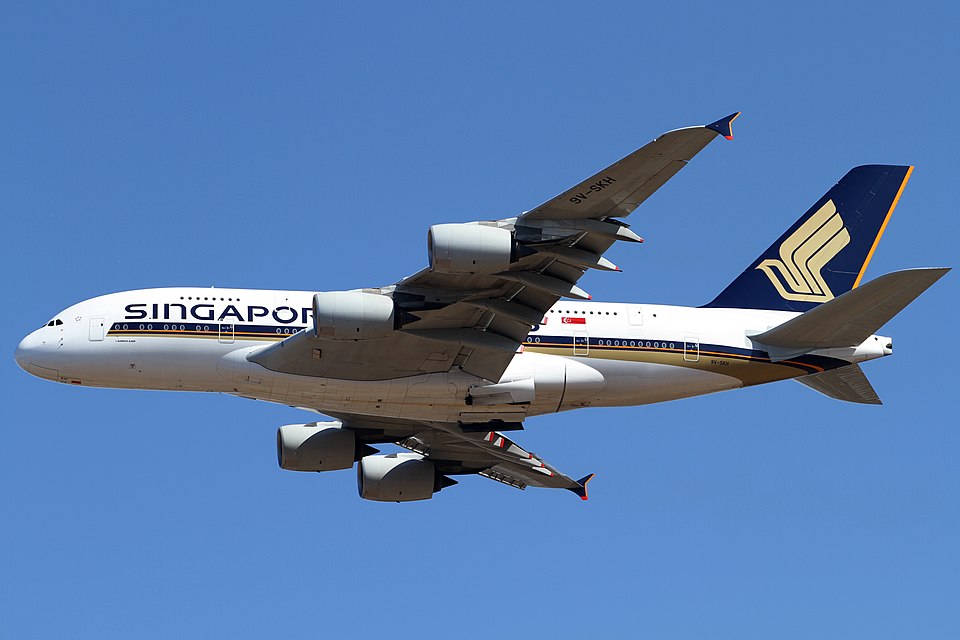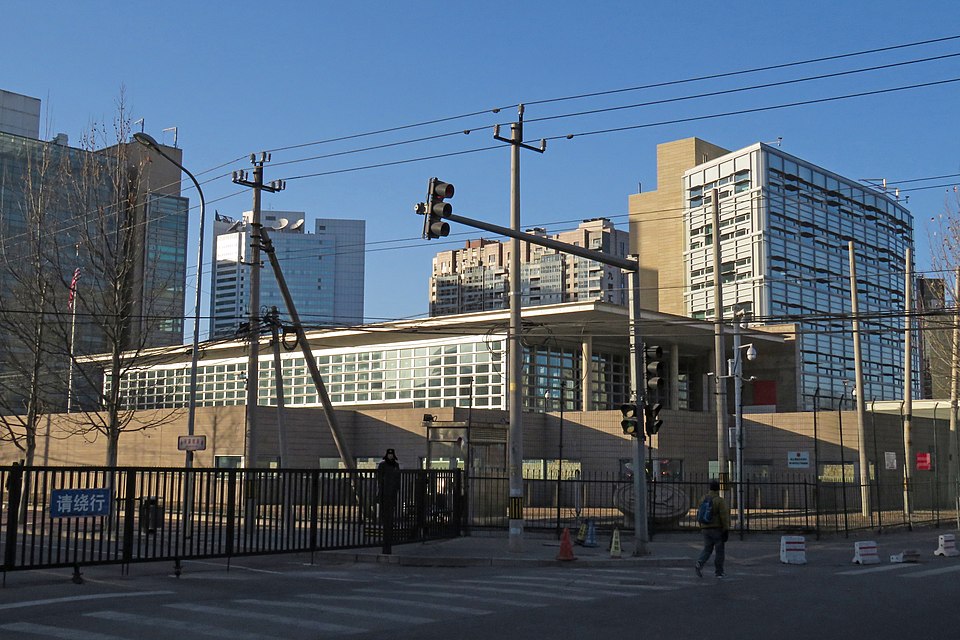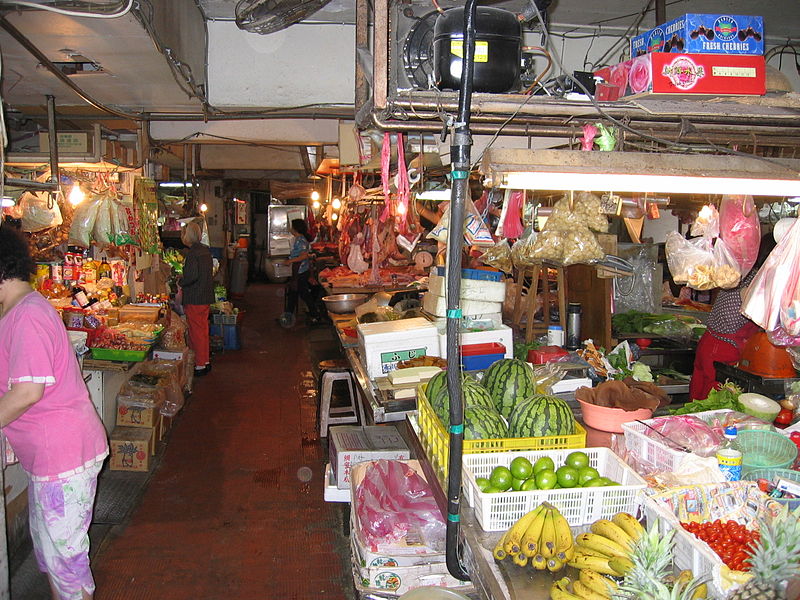
China's consumer prices remained stagnant in 2024, while factory-gate prices continued their decline for a second consecutive year, according to official data released on Thursday.
The tepid inflation reflects persistently weak domestic demand.
A combination of factors has dampened demand, including job insecurity, a prolonged housing slump, mounting debt, and tariff threats from the incoming U.S. administration under President-elect Donald Trump. This is occurring despite Beijing's intensified stimulus efforts.
The annual consumer price index (CPI) rose by just 0.2%, matching the previous year’s pace and falling far short of the official target of approximately 3%. This marks the 13th consecutive year inflation has missed its annual target.
In December, the CPI edged up only 0.1% year-on-year, down from November's 0.2% increase. This represents the slowest growth since April and aligns with forecasts from a Reuters poll of economists.
Core inflation and factory prices
Core inflation, which excludes volatile food and fuel prices, rose slightly to 0.4% in December from 0.3% in November, reaching a five-month high. Meanwhile, the producer price index (PPI) fell 2.3% year-on-year in December, compared to a 2.5% drop in November and an expected 2.4% decline. Factory-gate prices have been in deflationary territory for 27 straight months.
The modest rise in core consumer prices and the deceleration in factory deflation indicate that "policy stimulus is providing some support to demand and prices," said Julian Evans-Pritchard, Head of China Economics at Capital Economics. However, he cautioned that the effects of stimulus may be short-lived, predicting a further decline in underlying inflation later in the year.
Broader retail discounting
The deflationary trend has expanded beyond the electric vehicle sector, which is now in its third year of a price war, to encompass broader retail categories, including bubble tea shops and other discretionary items. Consumers are increasingly turning to rental options for items like cameras and handbags instead of purchasing them outright.
“The deflationary pressure is persistent,” said Zhang Zhiwei, President and Chief Economist at Pinpoint Asset Management. “The ongoing property sector downturn continues to weigh heavily on consumer sentiment. The inflation outlook largely depends on the effectiveness of fiscal policies.”
Economic growth and policy measures
Despite these challenges, the World Bank recently upgraded its forecast for China's economic growth in 2024 and 2025. However, it cautioned that low household and business confidence, combined with property sector struggles, would continue to impede recovery.
To address the economic slowdown, Beijing has approved a record $411 billion in special treasury bond issuance, Reuters reported. The government plans to significantly boost funding from ultra-long treasury bonds in 2025 to support business investments and stimulate consumer spending.
In July, authorities allocated $41 billion from government bonds to finance equipment upgrades and incentivize trade-ins of consumer goods, including automobiles, in an effort to revive domestic demand.
China’s economic outlook remains uncertain, with policymakers relying heavily on fiscal measures to navigate ongoing challenges. Photo by Jiang in Taipei City, Republic of China, Wikimedia commons.
